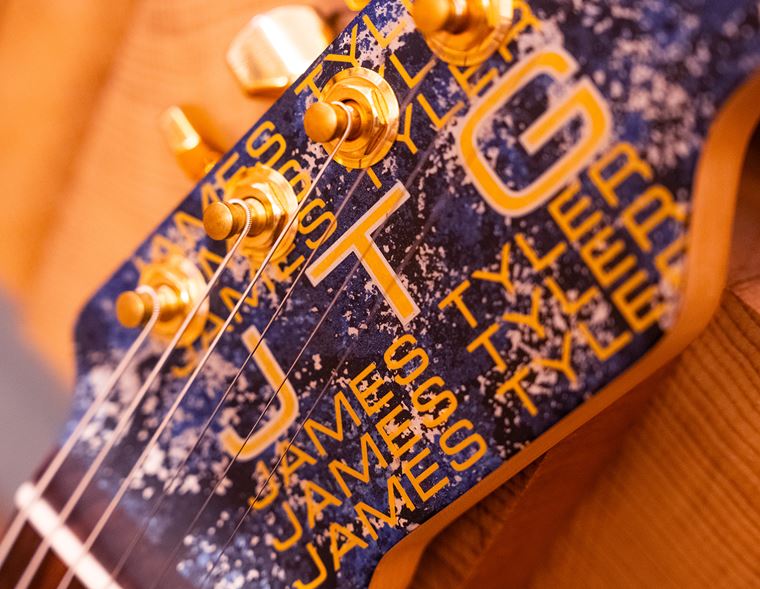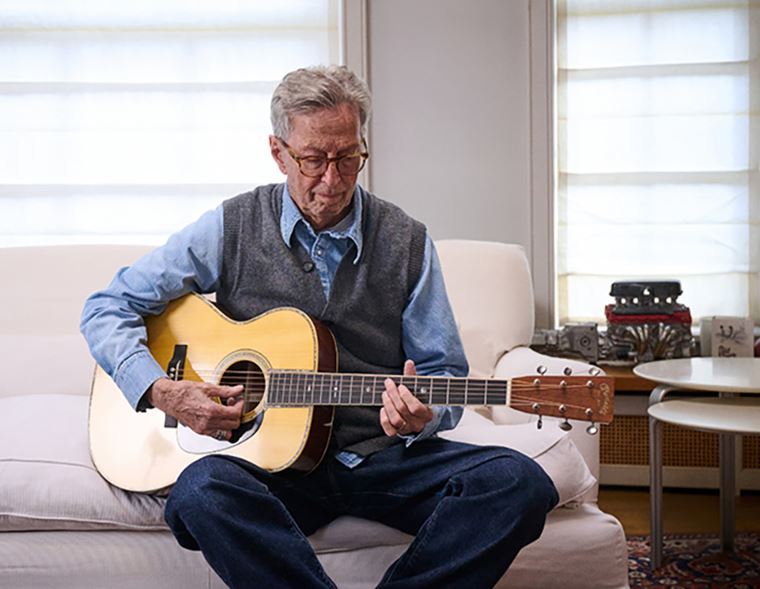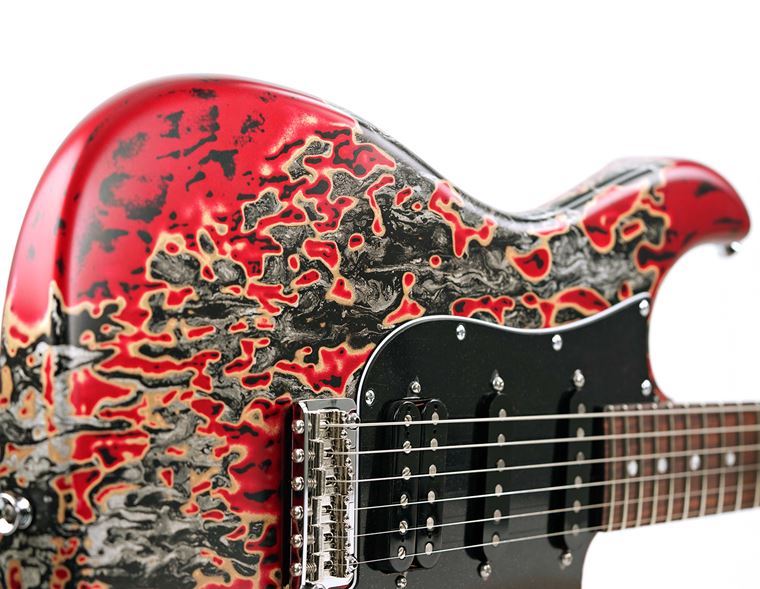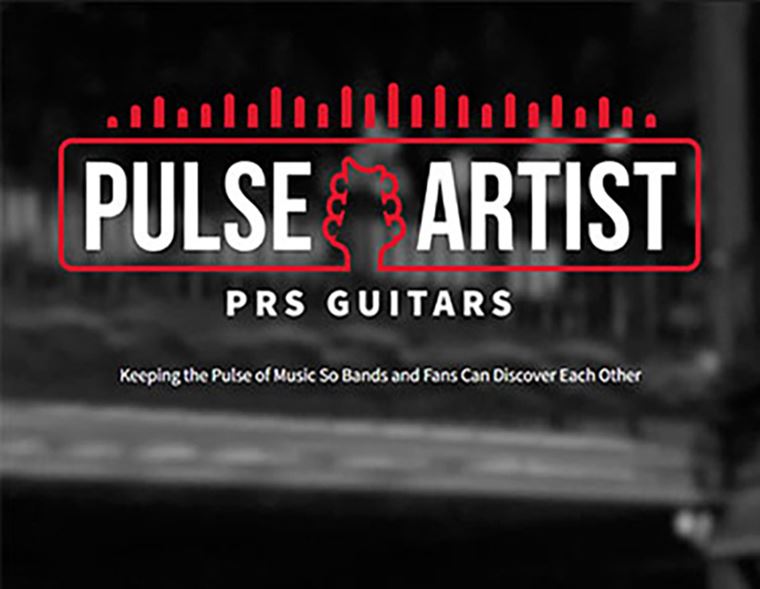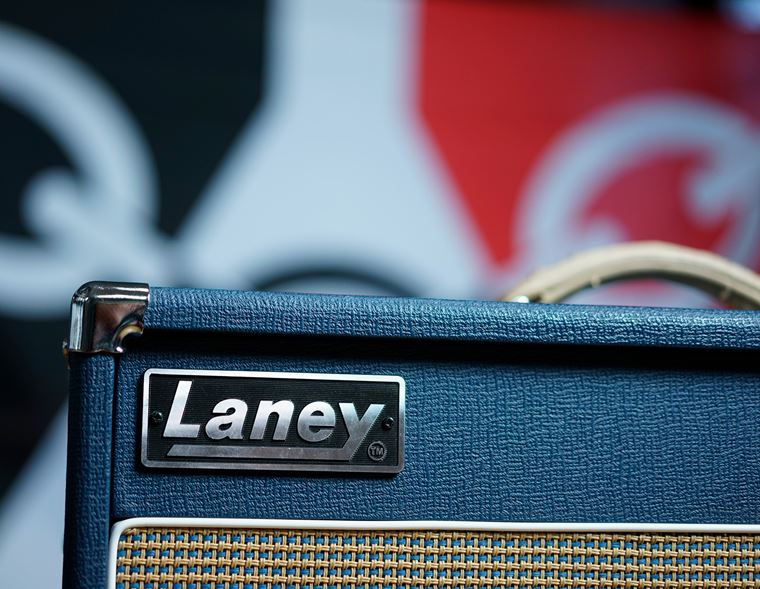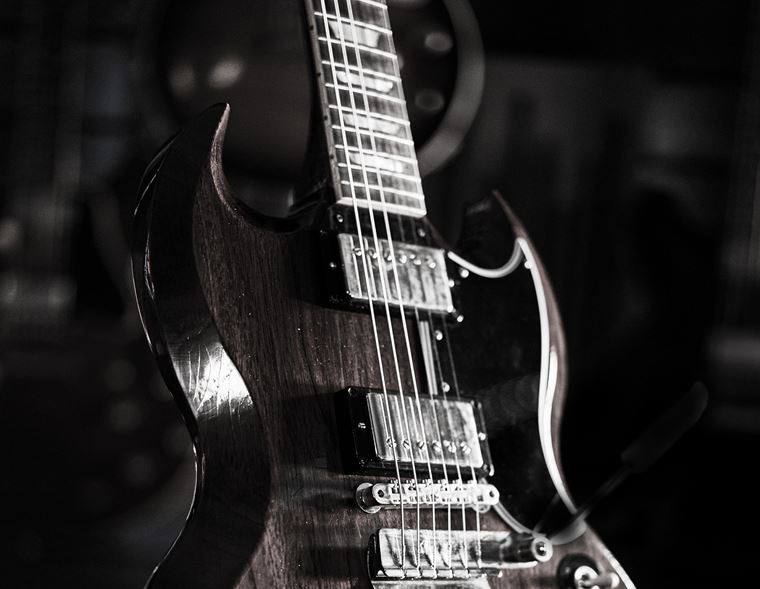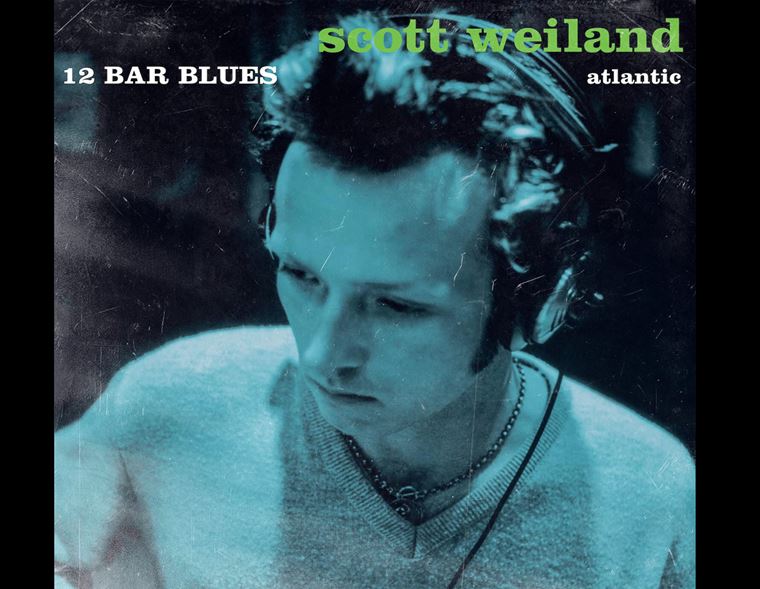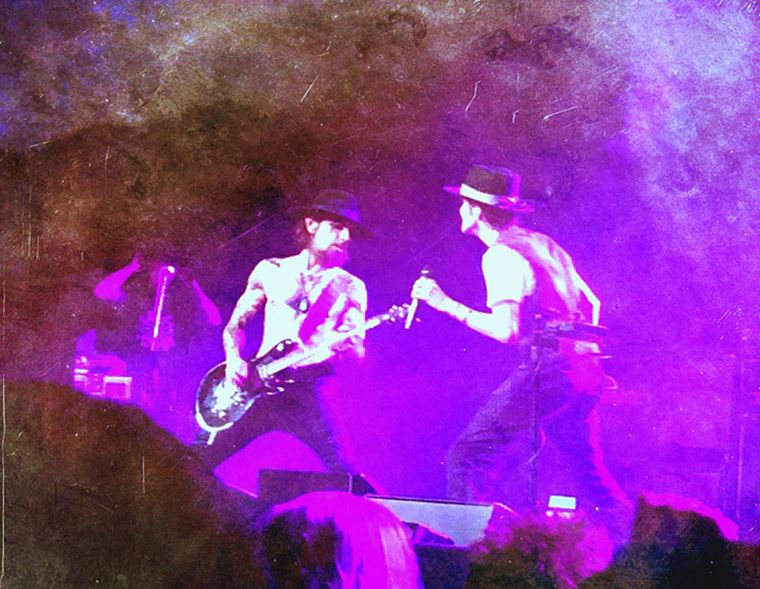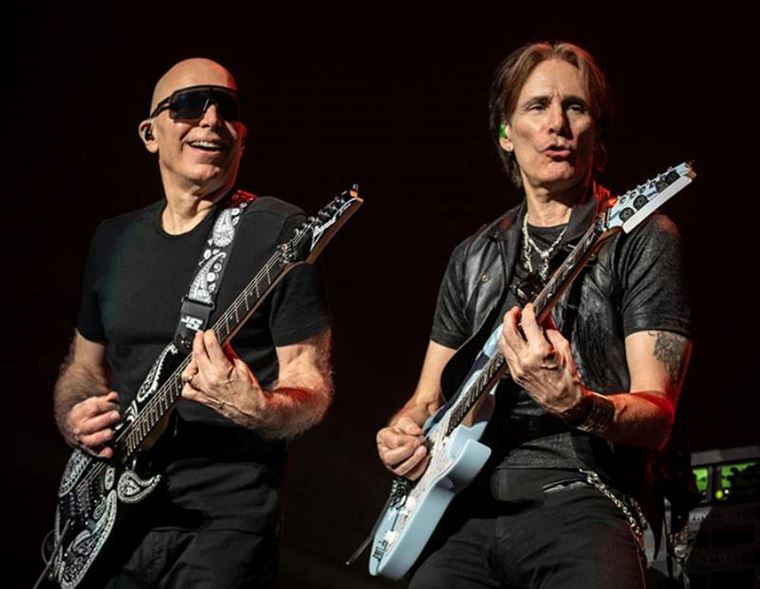Celebrating CBGB - The Club that Changed the World
Published on 10 December 2020
When you cast your mind back over your favourite gigs, you remember standout tunes, you remember great bands and you remember where you saw them. Often as important as the music itself, certain venues develop their own character and mystique, transforming into cultural meccas with legacies that live forever. Over time, these venues become iconic for all of the special moments held inside their doors. Often long closed, the legends live forever and none more so than New York's CBGB. The club was opened on this date in 1973 and today, we're taking a journey into its history.
Known as a biker bar and a dive bar before that (is there really that much of a difference?), CBGB actually stood for Country, Bluegrass & Blues (and Other Music for Uplifting Gormandizers), despite being most commonly associated with early punk and new wave. The club was founded by Hilly Kristal, a businessman who spent time in the Marines and had always had a passion for playing and listening to music. Although intending to stick to his initial vision of the club, Kristal soon found himself welcoming up and coming rock bands to the venue who found themselves with nowhere to play after the nearby Mercer Arts Center building collapsed in 1974.
It didn't take long before the music CBGB became known for began to take shape. The club's house band, the Revelons, featured Fred Smith of Television and JD Daugherty of the Patti Smith Group, who would both go on to play their first shows in the venue. It may not have seemed like much at the time, but something was brewing that would change music forever.
Within that year, The Ramones had made their debut along with Angel and the Snake, (later renamed Blondie) and CBGB started to develop a reputation. There was a seemingly unstoppable stream of explosive and forward-thinking music being created within its walls and bands all over America were taking notice. The club had two rules - 1. Bands must provide and move their own equipment. 2. No cover bands - aside from this, you were essentially free to take your set and the audience for that matter, wherever you wanted.
With the club's rep and the music scene it was known for quickly gathering momentum, documentary filmmakers began to film live shows and it's amazing to get a real look inside the venue with such high-quality footage for when it was filmed. The years following saw a roster of acts play that's pretty staggering to look back on. Elvis Costello supported the Vodoids, The Damned became the first UK Punk band to playa gig in America, The Cramps, the Talking Heads, The Police, Joan Jett and Blondie all made it their New York haunt. CBGB even became one of the first homes of Hardcore Punk in the city with its own Thrash Night which ran right through to the 90's when crowds became too much for the venue to handle.
Unfortunately, nothing this important can last forever and CBGB ran into problems in the early 2000s after a disagreement with their landlord. Although Kristal was keen to keep it open as long as possible and even won a court battle regarding overdue rent, their landlord refused to lease the club again and essentially put a ticking clock over the venue. They had to be out by October 15th, 2006.
In a last-ditch effort to save the club, an unbelievable lineup of artists played in its final months, culminating in a huge last week which featured many of the band's who'd started out at CBGB's, or been a part of its early scene. Alongside that were a whole host of bands who'd been influenced by the early new wave and punk movement that it housed got on board but sadly, it was in vain. On October 15, 2006, Patti Smith played her final show on the club's stage and it closed its doors forever.
Now a clothing store, the only part of the CBGB legacy that remains is a small etching into the concrete out front which says "CBGB '73". It's funny how something so culturally significant can largely disappear but make no mistake, the music world will never forget the 30 odd years of chaos, carnage and brilliance that came from these humble beginnings. Credited as the birthplace of American punk, Kristal may not have known what he was starting but by providing a venue where young, raw and passionate bands could express themselves and develop their sound, a whole genre flourished and his club left a mark on the world that couldn't be erased, even if it was just scratched into the concrete. It goes to show you how important it is to have these spaces - you never know what might come next. Gabba Gabba Hey!
"Nobody's gonna like you guys, but I'll have you back" - Hilly Kristal

